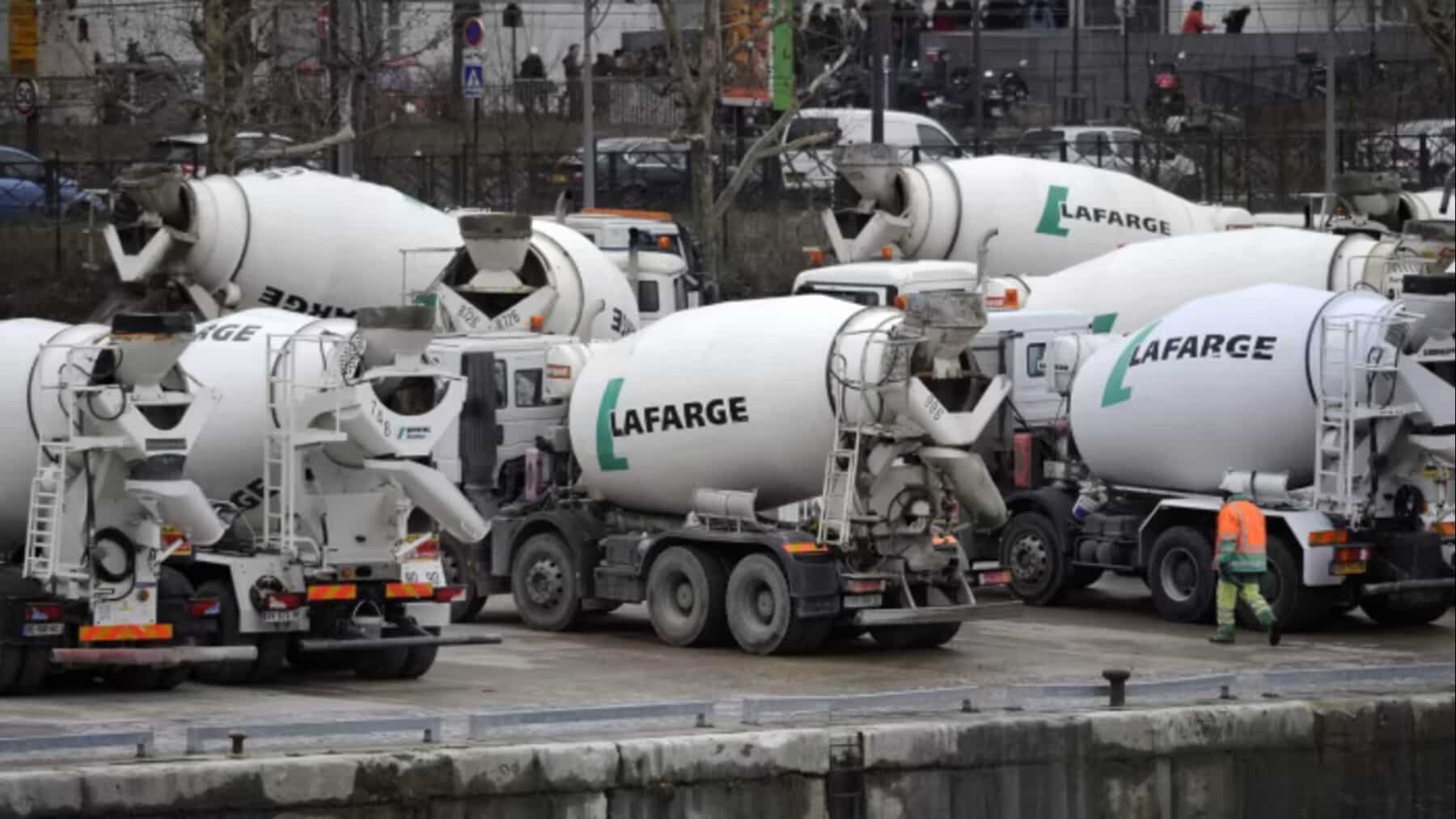In a significant display of discontent, thousands flooded the streets of Bratislava on Tuesday, united in opposition to Slovakia's proposed criminal code reforms. The measures, criticized not only by the European Union but also by the domestic opposition, have sparked widespread concern.
The controversial reforms, approved by the government last week, encompass a range of contentious provisions. Among them is the easing of penalties for corruption and economic offenses, a move that has drawn sharp criticism from various quarters. Additionally, the proposed changes would eliminate whistleblower protection for police officers, a decision raising concerns about transparency and accountability within law enforcement.
In a surprising turn of events, the government also gave the green light to the abolishment of a specialized prosecutor's office. This office, responsible for overseeing cases of high-level corruption and organized crime in the nation of 5.4 million, has been a focal point of the reforms. Critics argue that its elimination could undermine efforts to combat corruption and hold powerful figures accountable.
Slovak Prime Minister Robert Fico defended the controversial decisions, asserting that the specialized prosecutor's office was biased and unfairly targeting officials from his populist Smer-SD party. This assertion has further fueled the discontent among those who view the reforms as a potential threat to the country's democratic institutions.
As tensions rise, the protests underscore a growing divide between the government and its citizens. The opposition, alongside international entities such as the European Union, continues to voice concerns, amplifying the call for a reevaluation of the proposed reforms and a commitment to preserving the rule of law.




















